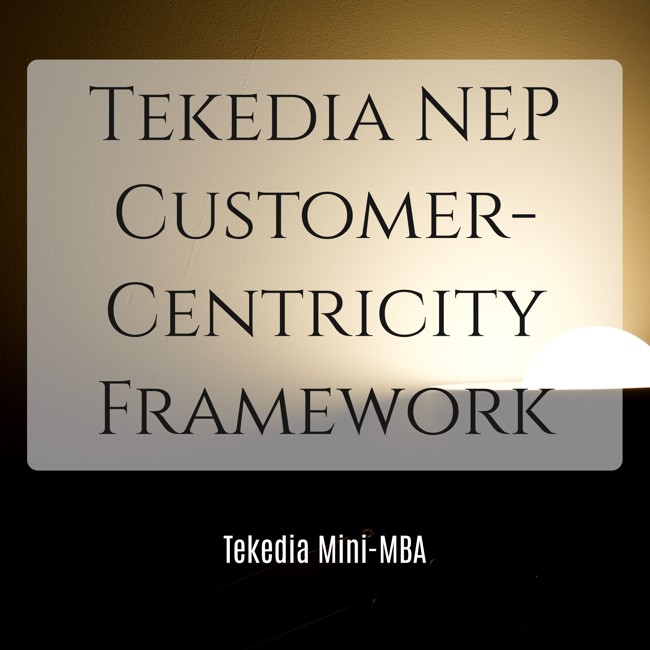
In the realm of startup culture and entrepreneurship, recent discussions have shed light on the critical importance of understanding user needs and prioritizing customer satisfaction for sustainable business success. Founders, the visionary individuals behind innovative startups, are increasingly recognizing that meeting user demands not only drives market potential but also fosters long-term growth and loyalty.
While starting a startup for financial gain is acceptable, the most successful startups prioritize user satisfaction over immediate profits. Simply, the mission of the firm which is to fix frictions in the market must rule supreme over the financial reward obtainable doing that. If you focus on the customer, the market will reward you with profit over time. But if you just focus on profit, you will likely lose the mission.
But how do you focus on the customer? Simple: create products and services the customer needs, and not what you think the customer needs. At Tekedia Institute, we have the NEP Customer-Centricity Framework. NEP stands for needs, expectations and perceptions; we teach that the best companies do not just satisfy the Needs, the Expectations, but can meet the Perceptions of customers, through innovation.
Register for Tekedia Mini-MBA edition 19 (Feb 9 – May 2, 2026): big discounts for early bird.
Tekedia AI in Business Masterclass opens registrations.
Join Tekedia Capital Syndicate and co-invest in great global startups.
Register for Tekedia AI Lab: From Technical Design to Deployment (next edition begins Jan 24 2026).
Read the NEP in my piece in Harvard Business Review here . Watch this video here.
Understanding and exceeding customer expectations has become a cornerstone of success in today’s dynamic business landscape. Businesses are no longer solely focused on meeting basic customer needs but are now striving to surpass expectations to differentiate themselves from competitors and foster growth. This shift stems from the evolving market dynamics and changing consumer behaviors that demand a deeper understanding of customer perceptions.
Customer perceptions, defined as the subjective views and beliefs customers hold about a company’s offerings, play a pivotal role in shaping brand loyalty, profitability, and competitive advantage. By embracing customer-centricity and disruptive innovation, companies aim to not only meet but exceed these perceptions to secure their position in the market.
---
Connect via my
LinkedIn |
Facebook |
X |
TikTok |
Instagram |
YouTube

